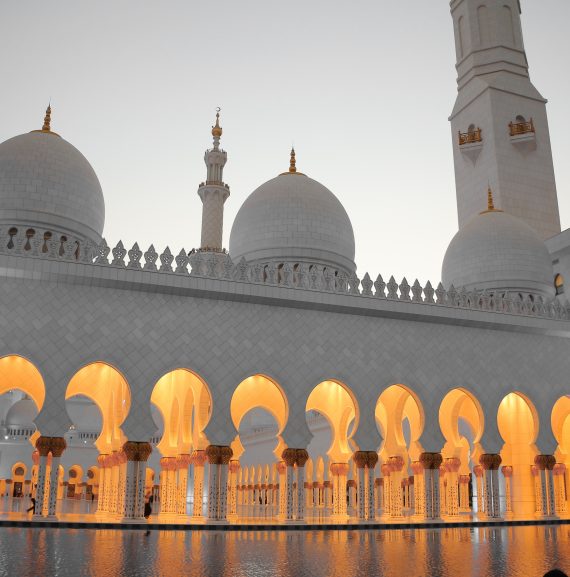Service Details

Funeral Services
Muslims to Achieve Spiritual Goals- Cultural Sensitivity
- Prompt Response
- Ritual Expertise
- Knowledge of Legal Requirements
We think before we deliver. We bespoke as standard.
Muslim funeral services, also known as Janazah or Janazah prayer, are deeply rooted in Islamic traditions and customs. They provide a means for the Muslim community to honor and pay their final respects to the deceased, while seeking solace and comfort from their faith during the grieving process.
When a Muslim passes away, it is customary to bury the body as soon as possible, preferably within 24 hours, in accordance with Islamic teachings. This prompt burial is seen as a way to respect the deceased and expedite the transition to the afterlife. However, there may be some exceptions based on legal requirements and circumstances.
Muslim funeral services typically begin with a ritual purification called Ghusl. The body is carefully washed and cleansed by family members of the same gender. This cleansing process is carried out with utmost respect and dignity, ensuring that the deceased is prepared for their final journey.
Following the Ghusl, the body is wrapped in a simple white cloth known as the kafan or shroud. The use of the kafan symbolizes the equality of all individuals before Allah, regardless of their status or wealth in life.
Once the body is prepared, it is taken to the mosque or an Islamic center for the funeral prayer (Janazah prayer). The community gathers to participate in this collective prayer, seeking blessings for the departed soul and offering support to the bereaved family.
During the Janazah prayer, the Imam or a designated community member leads the congregation in a specific prayer format. The prayer involves a series of standing, bowing, and prostration movements, similar to other Islamic prayers. After the prayer, the deceased is usually transported to the cemetery for burial.
At the gravesite, a short final prayer (Du’a) is offered, asking for forgiveness and mercy for the departed soul. It is customary for mourners to recite verses from the Quran and engage in supplications, seeking solace and reflecting on the transient nature of life.
After the burial, it is customary for friends, family, and members of the community to offer condolences and support to the bereaved. This is often done by visiting the family’s home, bringing food, and offering words of comfort and prayers.
Muslim funeral services emphasize the concept of unity and communal support during times of loss. They provide an opportunity for individuals to come together, express their grief, and offer solace through shared prayers and rituals.
It’s important to note that while these customs are commonly followed by Muslims during funeral services, practices may vary based on cultural traditions and regional customs. Nonetheless, the underlying principles of respect, dignity, and support for the grieving remain central to Muslim funeral services.
